5. Sarkar (2005)
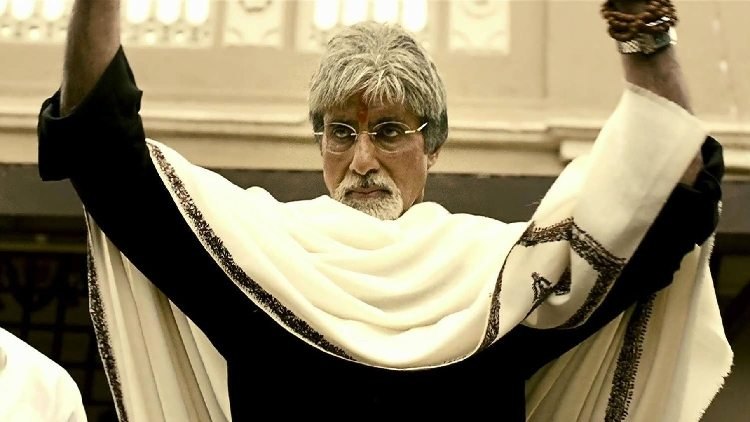
Just when everybody thought that Ramu has lost his magic touch he pleasantly surprised everyone with the political thriller ‘Sarkar’. With a gripping tale of dynasty politics, power and betrayal (not to forget the nail biting climax) Ramu reminded his audiences once again that he has still got the upper hand when it comes to telling a story revolving guns, money and empire. The film was also noted for managing the rare feat of convincing the real life father son duo of Amitabh and Abhishek Bachchan to play reel life father and son. And to be fair to Abhishek who was slowly but steadily coming to his own as an actor stood his own in front of his intimidating father. The film premiered at the New York Asian Film Festiva. A sequel ‘Sarkar Raj’ was released in 2008 to mixed reactions.
4. Shiva (1990)

Films based on student politics were rare in those days; they are still rare. But Ram Gobal Varma took the risk of making a film on an unconventional subject and pulled it off brilliantly. ‘Shiva’ is raw and visceral. It is one of those films that stays with you for a long, long time. Combine all the burning energy that Nagarjuna portrays so effectively with the soulful music from Ilaiyaraaja and what you get is a unique and memorable film. I wish Varma could go back to directing such authentic movies.
3. Kaun? (1999)
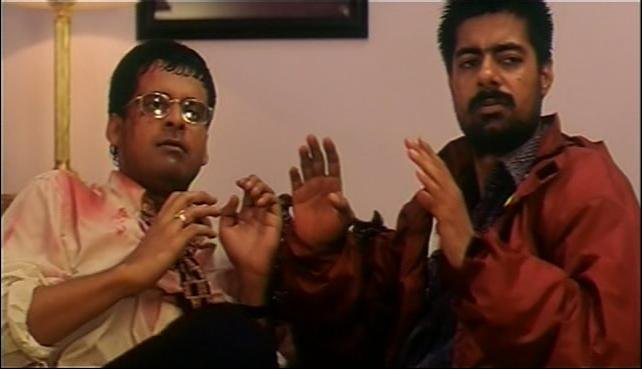
This might be a small film in respect to its budget and production value but it is by no means an inconsequential one. In fact it is a master class in how a filmmaker should make use of the limited resources available to him and build an engaging narrative around it. It also helped that the project was blessed by a bunch of naturally gifted actors like Manoj Bajpayee and Sushant Singh. RGV’s constant muse Urmila Matondkar led the proceedings with her scared to death expressions and her delicate sex appeal. Not for once did Ramu give away the secret which is finally revealed in the shocking climax. ‘Kaun?’ received positive feed backs from the critics but it under performed at the box office. Like many of RGV’s films it is slowly turning into a massive success in the home video circuit.
2. Rangeela (1995)
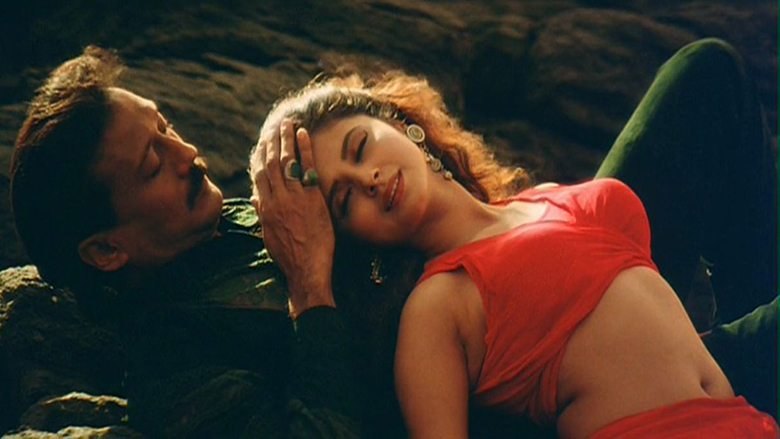
There would be no Ram Gopal Varma without ‘Rangeela’. It has become his identity for many a valid reasons. ‘Rangeela’ is the most colourful and massy film of the director till date. It turned a struggling starlet Urmila Matondkar into the leading sex symbol of the 90s. Who can forget the sight of Urmila trying to seduce a brooding Jackie Shroff with her itsy bitsy outfits and seductive moves? She was responsible for the sexual awakening of an entire generation in the mid 90s. Legend also has it that Aamir Khan was touted to win the Filmfare best actor award for his role as the street smart and the lovelorn Munna but when Shah Rukh Khan won it for ‘Dilwale Dulhania Le Jayenge’ it upset him so much that he decided to boycott films awards all together. Ramu won the Filmfare award for best story of the year. The film also featured Jackie Shroff in one of his last effective lead roles. ‘Rangeela’ may not be one of his most original films but definitely his most loved and watched. It also ensured a decade long association between Ramu and Urmila.
1. Satya (1998)
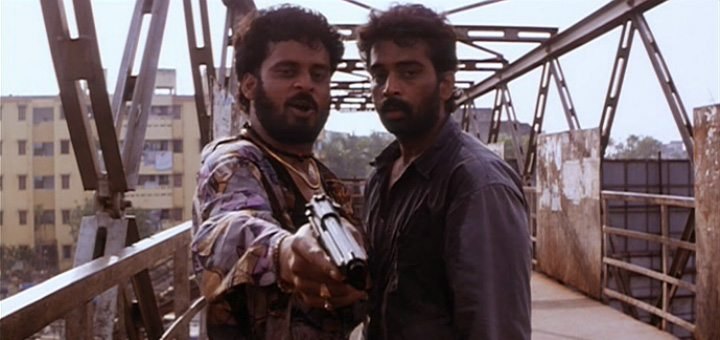
No one in Bollywood can match up to the skills of RGV in telling stories of the Underworld without cutting back on the sordid truth and gory details. He doesn’t give a damn about calling out names and pointing fingers if required to. ‘Satya’ – the first film in the ‘Indian Gangster Trilogy’ – was the product of his fearlessness. It told a story of the survival of the human spirit either by hook or by crook – about how crime pays but also has its downsides. The film’s biggest contribution to Indian cinema was the re-introduction of Manoj Bajpayee to the movie going public. He literally owned Bollywood with the line ‘Mumbai ka king kaun? Bhiku Mhatre!’. J.D. Chakravarhty was brilliant in the title role. The film is also noted for its outstanding performances from the supporting cast which included actors like Shefali Shah Paresh Rawal, Govind Namdev and Saurabh Shukla. ‘Satya’ is often considered as a modern day masterpiece by many leading film critics as it gave rise to a new genre of cinema called ‘Mumbai Noir’.
Read More: Mani Ratnam Movies

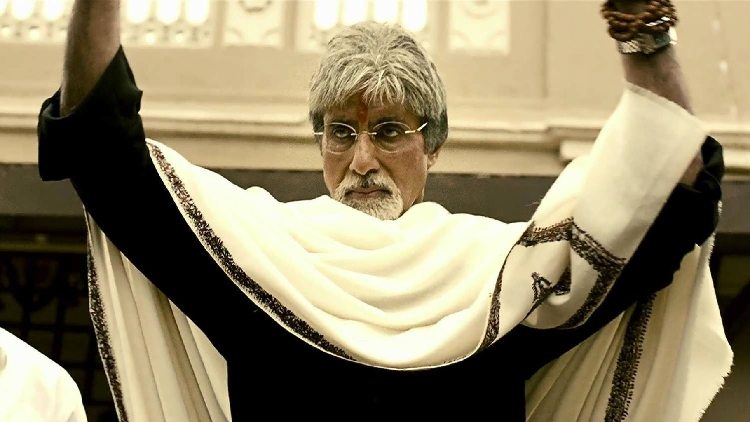
You must be logged in to post a comment.